Dhaka's air quality, with an AQI score of 70, currently falls into the 'moderate' category. This level of air quality indicates that while the general public may not be significantly affected, sensitive individuals should limit prolonged outdoor exertion to avoid potential health risks.
The city's ranking of 30th on the list of cities with the worst air quality reflects ongoing challenges with pollution. The AQI, which measures the concentration of pollutants like particulate matter (PM10 and PM2.5), nitrogen dioxide (NO2), carbon monoxide (CO), sulfur dioxide (SO2), and ozone, serves as a crucial tool for assessing air quality and its impact on health.
Globally, cities like Doha, Manama, and Dubai have higher AQI scores, indicating worse air quality compared to Dhaka. However, the situation in Dhaka is a persistent concern, particularly during winter when air quality tends to deteriorate.
The World Health Organization's (WHO) data underscores the severe health impacts of air pollution, which is responsible for millions of deaths annually due to various diseases. As Dhaka continues to face air pollution challenges, efforts to improve air quality and public health are crucial.






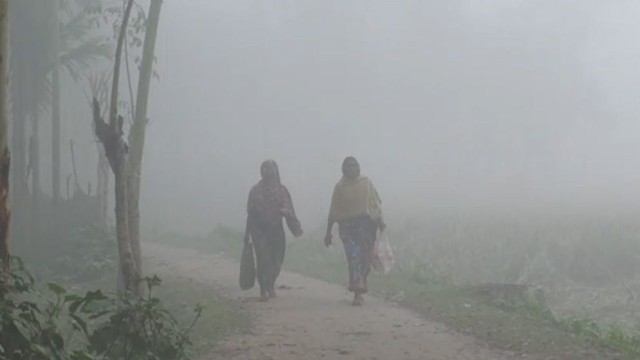


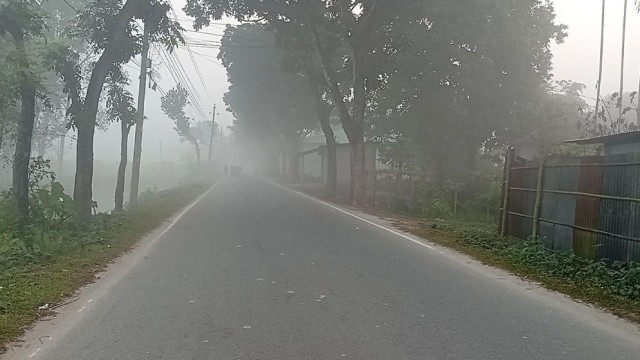
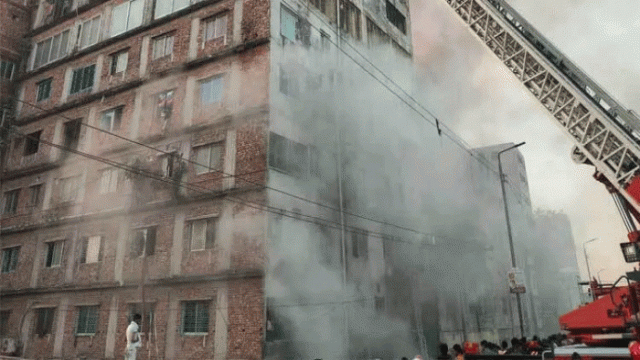



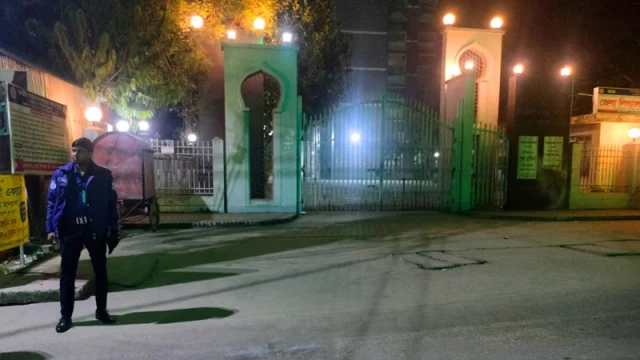







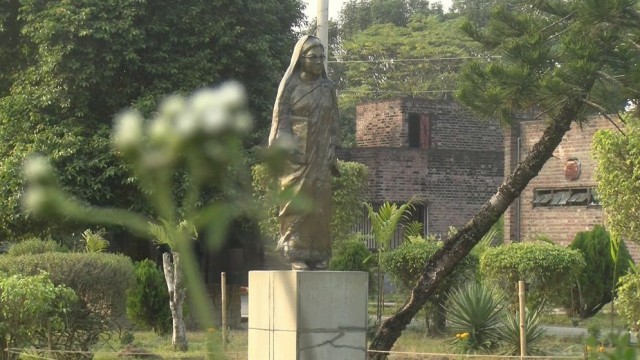








Comment: